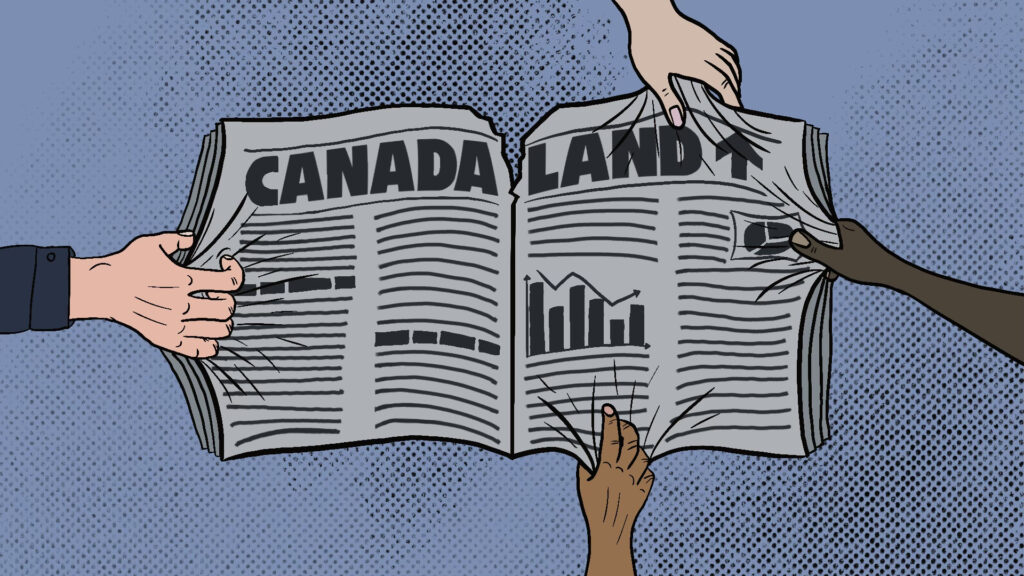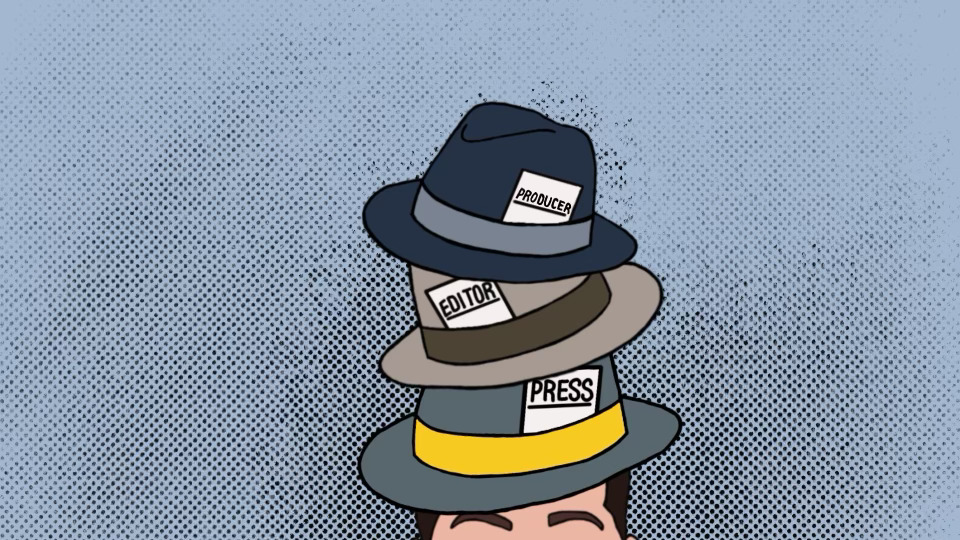Does Canadaland founder Jesse Brown wear too many hats?

Over the past few years, Canadaland has been facing scrutiny over its coverage of Israel’s war on Gaza, largely related to its founder, host, and publisher, Jesse Brown. Last month, contributor Justin Ling announced he would be ending his recurring host gig at Canadaland due to what he perceived to be a breach of his journalistic principles.
After hosting an episode of Short Cuts, a Canadaland podcast, Ling and fellow contributor Paris Marx faced what Ling described as “complete undue interference on journalistic independence” from Brown. During Short Cuts episode 1027, “Elon Musk’s Anti-Woke A.I. Sucks Too,” Marx initiated a conversation about Israel’s war on Gaza. After the fact checking had been completed on the episode, Ling said Brown was “coming in and not just making changes, but literally gutting the core of what our guest [Marx] was saying.”
According to Ling, Brown’s edits involved removing a comment from Marx that said Canada bears responsibility for selling weapons to Israel, which has led to the deaths of Palestinian children. And another comment, saying Israel is engaging “in what many people are claiming is a genocide against the people of Gaza.” In a thread on X, Marx cited the interference as an instance of how disappointed he was, writing that Brown was “personally torpedoing the credibility Canadaland built up over so many years.”
Brown categorically denied these allegations, stating that what was published was “more forceful.” He stated that this came about due to Ling making false assumptions about Brown’s stance on Israel’s war with Gaza. “Justin has repeatedly claimed to know what my opinions are,” Brown told the Review. “What I have done is I’ve spoken out against and about antisemitism. The assumption that a person who speaks out against antisemitism must therefore support Israel in this war is an antisemitic conclusion.”
Ling says he harbours no resentment towards Brown over the circumstances of his departure. He is not mad at Brown personally; rather, he is “professionally upset with him.”

Where Is the Line?
Brown uses his platform to call out what he perceives to be a rise of antisemitism in Canadian media. In a keynote address given at the Adath Israel Synagogue in Toronto last May, Brown listed the many instances of what he believed to be antisemitism, along with anti-Zionism, going unchecked in Canadian media.
According to Davide Mastracci’s account of the speech in The Maple, this included criticizing the media for not labelling the word intifada, vandalism against boycotted corporations such as Indigo, and the pro-Palestinian chant, “From the river to the sea, Palestine will be free,” as antisemitic. In an email following publication, Brown asserted that he “did not say these things in [his] speech.”
Mastracci wrote, “Brown said the media not explicitly labelling these things as antisemitic, but rather writing about their contested meanings, is ‘very frustrating for Jews who feel like they know exactly what they are seeing. The term is gaslit. It can feel like we are being gaslit, constantly.’”
Brown’s “assessment of the threat is wrong,” wrote Mastracci. “His criticism of supposed antisemitic double standards in Canadian media is unfounded and his smearing of the pro-Palestine protests has the impact of hindering their ability to achieve change.”
Brown challenged the notion that his critiques of antisemitism in Canadian media were unfounded. He told the Review that he has taken no position on the conflict. Brown says that due to his consistent journalism covering antisemitism in Canada, people have frequently assumed this equates to a position in favour of Israel. Brown says, “That assumption is an antisemitic assumption.”
A Statement from the Union
Brown’s comments regarding his beliefs that there is a rise in antisemitism in Canada have proved controversial in the past. As an editor, host, and publisher of Canadaland, his actions and decisions have a direct impact on the publication. In December 2023, the Canadaland Union posted a statement in response to what it described as a series of “misleading and targeted” statements made by Brown, culminating in a piece about Shree Paradkar of the Toronto Star.
The union felt that Brown’s actions had broken trust internally in Canadaland and wanted to make clear how it was committed to pursuing “serious, rigorous journalism,” and that the “opinions of Jesse Brown do not limit or determine the extent of our own coverage.”
Almost a year later, Ling believes that regardless of Brown’s beliefs and political stances, his level of influence at Canadaland is concerning. “It is risky to have one person playing all of those roles because it removes the ability to have oversight,” says Ling. “When the person can’t be told no it puts them in a dangerous spot—you are risking lawsuits, complaints internally, and accusations of bias.”
Correction: An earlier version of this article used the term “activism” to refer to Jesse Brown’s reporting of antisemitism in Canada. Jesse Brown did not characterize his work this way when speaking to the Review, and “activism” has since been changed to “journalism.”
About the author
Owen is in the final year of his Bachelor of Journalism. He has previously written album reviews for Met Radio and is a social media coordinator for Oliver and Bonacini Hospitality. Interested in the business side of the masthead, he is looking forward to the challenges that come with stirring up engagement as well as revenue for The Review of Journalism. Outside of this, he works as a waiter and enjoys watching sports, hiking and playing soccer.

